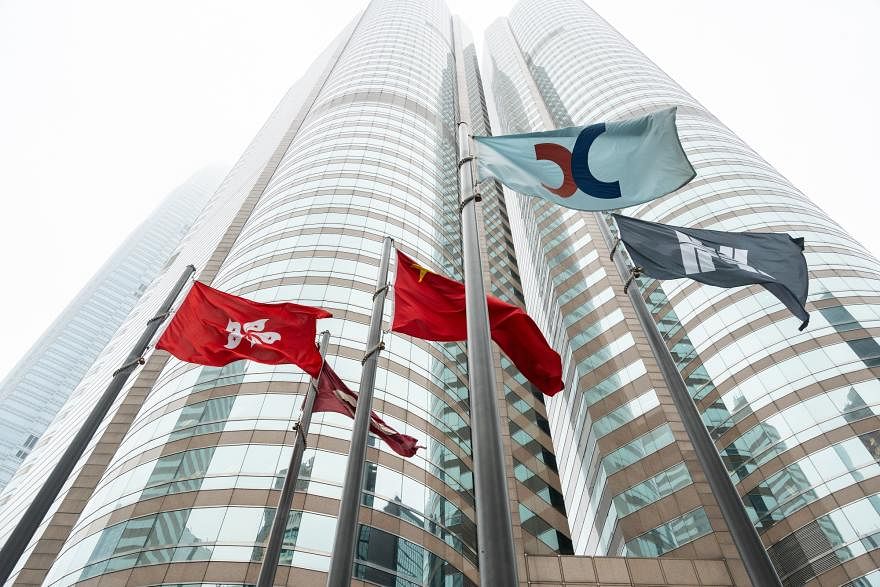HONG Kong is considering scaling back its plans to open up trading during the most severe weather, according to sources familiar with the matter.
As part of a discussion on ways to avoid trading halts, one option is still to close the markets during the highest typhoon alerts, known as typhoon signal 9 or 10, said the sources, asking not to be identified discussing internal deliberations.
This would be a step-back in the city’s aim to guarantee that its markets will remain open despite extreme weather events. Hong Kong currently stands out from its global peers for its tendency to close operations during severe storms.
The new proposal was not widely popular among the parties involved in the talks, the sources said. It was more of a middle ground solution, designed to help smaller firms that have more trouble continuing operations during severe weather.
One concern among policymakers is that this would beat the purpose of the whole reform by preventing global markets from relying on Hong Kong markets to stay open no matter what. The final rules for the typhoon trading mechanism are still in progress, the sources said.
The new system was originally scheduled to be implemented by July, but now the plan – revealed last month during the city’s budget – is to prepare a definite framework by mid-year and announce an effective date after that. This means Hong Kong will likely shut its market again this summer during typhoon and rainstorm season.
“Our goal is to confirm execution details by mid-year with the Hong Kong stock exchange and financial regulators,” Secretary for Financial Services and Treasury Christopher Hui said on Feb 29 after the city’s budget was unveiled. “HKEX (Hong Kong Exchanges and Clearing Limited) will then announce the plan and implement the arrangement when the market is ready.”
Spokespeople for the Financial Services and the Treasury Bureau and the Hong Kong Monetary Authority said they had nothing to add to his remarks.
A spokesperson for the HKEX said the exchange is reviewing submissions on its severe weather trading proposal and will share updates in due course. A spokesperson for the Securities and Futures Commission said the organisation is supportive of the initiative to maintain trading during storms.
Despite the delay and the new option discussed, the move is still a strong signal that the city is working out a plan to trade through bad weather, instead of still arguing whether to do it in the first place, one of the sources said.
The city is typically hit by about six typhoons each year from June to October. When markets are closed, about HK$940 billion (S$160 billion) in trading is halted each day, which also cuts short about 151 billion yuan (S$28 billion) a day to mainland China from the globe via the trading link Stock Connect.
Trading suspensions during severe weather are now seen as increasingly antiquated following the pandemic and widely developed work-from-home protocol. They are also particularly costly, as the city still battles weak trading and a dry spell of initial public offerings, threatening its status as a major financial hub. BLOOMBERG







